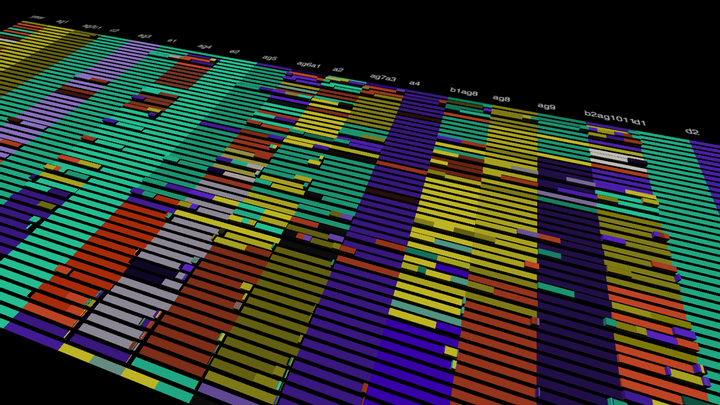Spring 2010
Who's to Blame?
– The Wilson Quarterly
As scientists learn more about genetic predisposition, can the concept of behavioral free will remain relevant?
“Does the fact that biology determines more of our thinking and conduct than we had previously imagined,” James Q. Wilson asks, “undermine the notion of free will?” Science is still a long way from reducing everything we do to genetic predisposition, but, Wilson wonders, if current trends continue, will it someday be “impossible to hold people accountable for what they do?”
The short answer is no. No matter what our genes influence us to do, Wilson argues, we always respond to other factors in our environment. “Many motorists drive faster than the speed limit,” he points out, but “few will speed when they are being followed by a police car.” Wilson, whose many books include The Moral Sense (1993), and who teaches political science at both Pepperdine University and Boston College, also argues that “no understanding of individual genes and brains—however sophisticated—could fully encompass all human behavior.” That, he says, is “an important justification for a system of law grounded in personal accountability.”
Where biology comes into play is in the degree to which we hold people accountable for their misdeeds, and how punishment is assigned. If a motorist suffers an epileptic seizure while driving and kills someone, the law will likely dictate some criminal charge, though probably less than murder. But the charge may be more severe if the motorist knew at the time of the accident that he or she had epilepsy.
Indeed, even if someone’s predisposition makes that person commit a crime, laws (and sentences for breaking them) ought to retain a punitive component, in Wilson’s view: “A punishment is fitting only if it incapacitates known offenders, deters would-be offenders, increases the chances of rehabilitating offenders, and expresses a solemn moral judgment about the wrongness of the criminal act.” This system, on the surface, may seem unfairly harsh to someone biologically predisposed to commit a crime, but Wilson argues that it actually benefits such a person. “If we allow ourselves to think that explaining behavior justifies it, then we will have reduced the incentives for people who are likely to behave wrongly to avoid bad behavior,” as well as eliminate any benefits to others already acting correctly.
It is this very yardstick, Wilson concludes, that “helps us define not only bad behavior but also good. If we believe modern science has explained malevolent behavior, we must also argue that it has explained praiseworthy behavior. Virtue then becomes just as meaningless as depravity—a state of affairs in which no society could hope to remain ordered or healthy.”
* * *
The Source: "The Future of Blame" by James Q. Wilson, in National Affairs, Winter 2010.
Photo courtesy of Flickr/Jer Thorp
